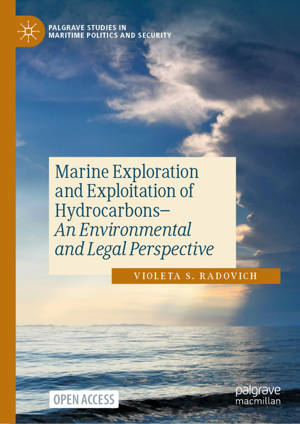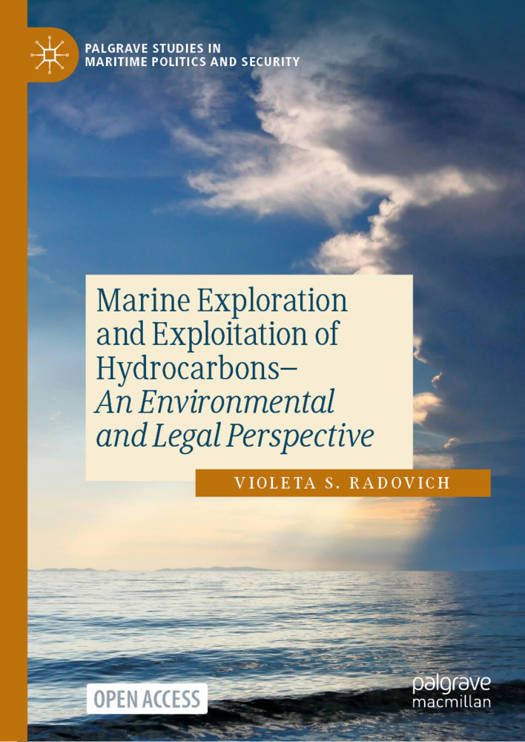
- Afhalen na 1 uur in een winkel met voorraad
- Gratis thuislevering in België vanaf € 30
- Ruim aanbod met 7 miljoen producten
- Afhalen na 1 uur in een winkel met voorraad
- Gratis thuislevering in België vanaf € 30
- Ruim aanbod met 7 miljoen producten
Marine Exploration and Exploitation of Hydrocarbons
An Environmental and Legal Perspective
Violeta S RadovichOmschrijving
The book analyzes the environmental regulation of upstream marine exploration and exploitation of hydrocarbons, at the international, regional MERCOSUR and Argentine national level. It uses the concept of normative integration as a methodological approach, critically assessing the interaction between the law of the sea, maritime law, environmental law and human rights law in the field of study. The book analyses the legal framework in a timeline, giving context to the evolution of the different branches of international law with sparkles of history. In this sense, the book also analyses international conventions' bills on the subject that have not entered into force. The manuscript focuses on the reports from two marine pollution events (Deepwater Horizon and Montara oil spills) to analyse the lessons learnt and the normative and institutional framework needed to ensure environmental safety in the marine exploration and exploitation of hydrocarbons. The book critically analyses marine platform accidents' official reports comprehensively in order to assess existing normative and institutional frameworks and to give a way forward regarding policies. The manuscript contributes to rethinking the governance of the ocean at the time of environmental challenges. In that context, it refers to the concept of normative integration and effectiveness. It takes the existing scholarship further by introducing the notion of "marine platforms" instead of "offshore platforms" to rethink the relationship between land and sea and to develop a functional approach to enhance existing regulations. This is an open access book.
Specificaties
Betrokkenen
- Auteur(s):
- Uitgeverij:
Inhoud
- Aantal bladzijden:
- 282
- Taal:
- Engels
- Reeks:
Eigenschappen
- Productcode (EAN):
- 9783031751769
- Verschijningsdatum:
- 18/12/2024
- Uitvoering:
- Hardcover
- Formaat:
- Genaaid
- Afmetingen:
- 157 mm x 211 mm
- Gewicht:
- 508 g

Alleen bij Standaard Boekhandel
Beoordelingen
We publiceren alleen reviews die voldoen aan de voorwaarden voor reviews. Bekijk onze voorwaarden voor reviews.











